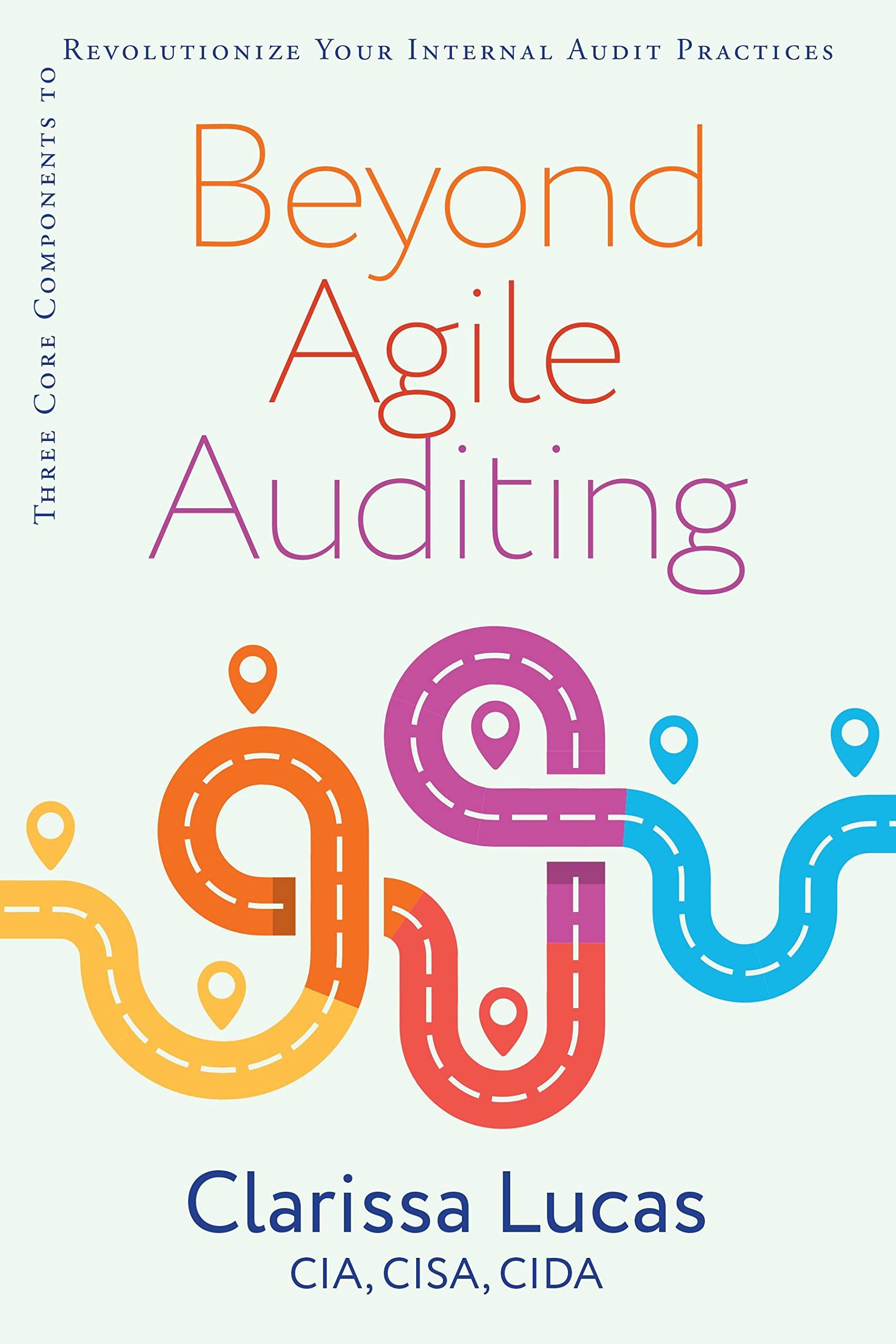Question
Arthur Rich, a widower, is considering setting up an irrevocable trust (or trusts) with a bank as trustee for his three minor children. He will
Arthur Rich, a widower, is considering setting up an irrevocable trust (or trusts) with a bank as trustee for his three minor children. He will fund the trust at $900,000 (or $300,000 each in the case of three trusts). A friend suggested that he might want to consider a January 31 year-end for the trusts. The friend also suggested that Arthur might want to make each trust a complex discretionary trust. Arthur is a little apprehensive about the idea of a trust that would be complex. The friend warned that trust income should not be spent on support of the children.
Required: Prepare a memorandum to the tax partner of your firm concerning the above client matter. As part of your analysis, consider the following:
- What tax reasons, if any, can you think of for having three trusts instead of one?
- Why do you think the friend suggested a January 31 year-end?
- What is your reaction to the friends suggestion about the year-end?
- Which taxpayer, the beneficiary, the grantor, or the trust, is taxed on the income from a discretionary trust?
- To what extent do trusts serve as income-shifting arrangements?
- What can you advise Arthur concerning his apprehension about a complex trust?
- Why did the friend warn against spending trust income for the childrens support?
Step by Step Solution
There are 3 Steps involved in it
Step: 1

Get Instant Access to Expert-Tailored Solutions
See step-by-step solutions with expert insights and AI powered tools for academic success
Step: 2

Step: 3

Ace Your Homework with AI
Get the answers you need in no time with our AI-driven, step-by-step assistance
Get Started


